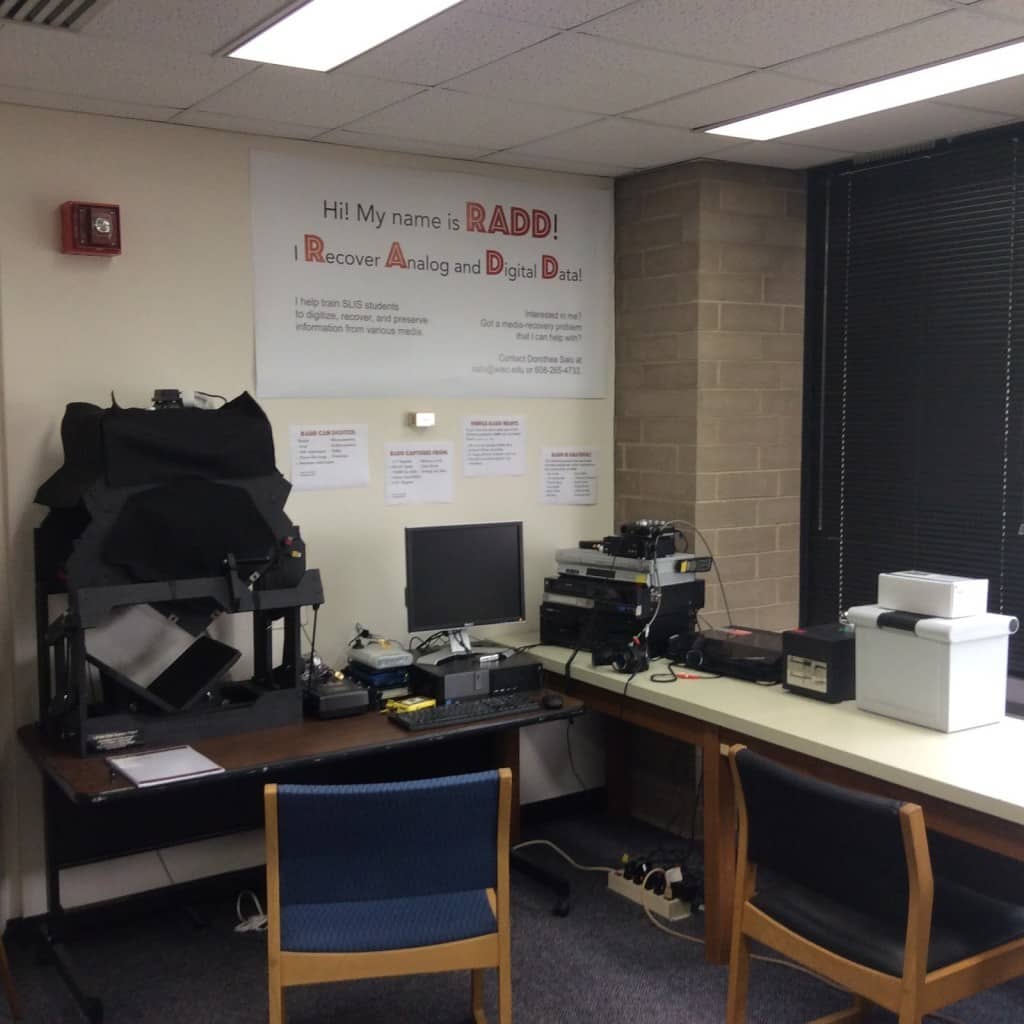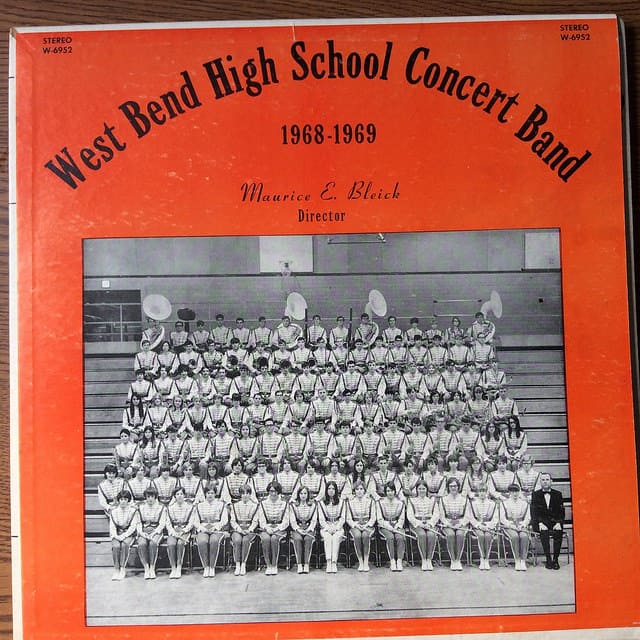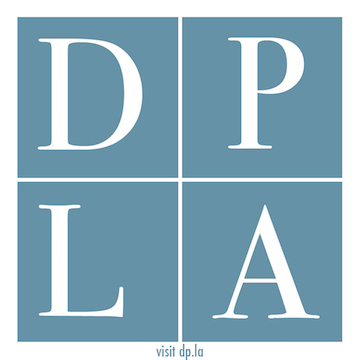Recovering Analog and Digital Data (RADD), in the Laboratory Library at the School of Library and Information Studies (SLIS) at UW-Madison, is a collection of equipment for digitizing audio cassettes, VHS tapes, floppy disks and other outmoded media formats. The oral histories, musical performances, and other unique information stored on these types of materials are in danger of vanishing from the historical record if not transferred to more accessible formats in the near future.

RADD’s main builder is SLIS Faculty Associate Dorothea Salo, who hopes that RADD can help improve access to the great backlog of audiovisual media tucked away in Wisconsin’s libraries, archives, museums and historical societies. Initially designed and budgeted by a group of students in a course on digital curation at SLIS, the effort is sustained by numerous contributions of equipment, time, space and expertise.
RADD’s first major conversion project served the Washington County Historical Society in West Bend. Salo worked with WCHS to digitize a recording of the West Bend High School band, as well as several video and audio cassettes from the West Bend Company.
Salo is actively seeking to partner with more Wisconsin cultural heritage organizations with unique audiovisual collections. She can be contacted at salo@wisc.edu with potential projects or equipment donations.
RADD can rescue information from a variety of analog formats including:
- Audiocassettes, reel-to-reel tapes and microcassettes
- VHS, Betamax and U-Matic videotapes
- Mini-DV, Hi8 and Digital8 camcorder tapes
RADD can also capture data from several kinds of obsolete digital media, including:
- 5.25″ floppy disks
- 3.5″ floppy disks
- Iomega Zip and Jaz disks
Read more about RADD:
Allison Geyer, “The work that 21st century librarians do,” Isthmus, April 17, 2015



